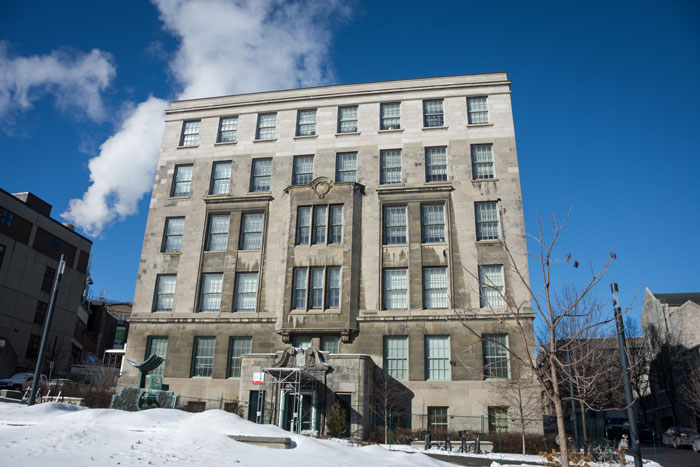With more than 40,000 students at McGill University, controversial statements can pop up at any moment and cause university administrators to feel the need to perform damage control. Social media exacerbates the problem by amplifying the reach of controversial remarks. However, can a university silence a student or compel an apology? In other words, do universities have an obligation to respect the free speech rights of students?
The 2012 case Pridgen vs. University of Calgary reveals two potential avenues of protection for students’ right to freedom of expression. First, universities are treated like ‘governments’ for the purposes of actions, such as student discipline, and so are directly subject to the Canadian Charter of Rights and Freedoms. This can mean that they are obliged to respect Charter rights, such as students’ freedom of expression. Second, universities are in general subject to what is called ‘judicial review’ on a standard of reasonableness. This means that judges can intervene and change the decision made by a university if they decide that it is unreasonable, such as if a university censors a student without compelling grounds to do so. Further, these avenues of protection apply across Canada, including in Quebec, as ‘persuasive authority.’ While Quebec judges are not required to follow it, they usually will unless they have a very strong reason to do otherwise. In other words, a strong case can be made that universities in Quebec are bound, at least in some situations, to respect freedom of expression.
Consider the case of Pridgen vs. University of Calgary. In 2007, University of Calgary (U of C) students and brothers Steven and Keith Pridgen created a Facebook group titled, "I no longer fear hell, I took a course with Aruna Mitra," in an act of rebellion against a professor they disliked. In this group, the Pridgen brothers and other group members posted comments criticizing the professor while coordinating a mass appeal of their grades to the university. The professor later learned about this Facebook group, and the students were disciplined by the U of C.
In response, the students sued the university. The case wound up at the Alberta Court of Appeal, who decided in favour of the Pridgens for two reasons. First, one of the three judges held that the university had made a decision that was similar enough to a government decision to be subject to the Charter. That judge held that university disciplinary measures are a form of statutory compulsion in which an entity, such as a university, is empowered to apply sanctions against a person or group of people.
Thus, while universities are not generally subject to the Charter—something that other cases have been quite clear about—there are still limits on certain decisions that they make. This point about universities being subject to the Charter is still hotly contested in the legal world, but it does give some persuasive authority that Quebec universities are subject to the Charter when exercising certain powers.
Second, the two judges who provided written reasons agreed that universities are enough like a government that their decisions may be reviewed by a court for reasonableness, and that the U of C’s disciplinary decision did not meet this standard. In general, whenever government agencies make decisions of some kind—for example, about whether or not to issue a visa to those wishing to come to Canada—it is possible to ask a court to assess the reasonableness of the decision. In other words, the government agency must render a decision that makes basic rational sense, and therefore cannot act arbitrarily.
The Court said that the U of C had insufficient evidence upon which to base their decision. The Pridgen brothers were accused of causing ‘injury to a person,’ but the U of C’s disciplinary committee did not possess evidence that the Pridgens had caused this kind of injury. Not only does this point tell us that universities across Canada are subject to a reasonableness review, it tells us that when student speech is at issue, courts are willing to scrutinize a response by a university.
The Pridgen case suggests that courts will hold university decisions to a certain standard—that is, generally speaking, they must be at least ‘reasonable.’ To a lesser extent, Pridgen vs. University of Calgary also shows that certain university decisions are subject to the Charter, especially when they are exercising a power of compulsion against students. In Quebec, then, there is evidence to suggest that universities have some obligation to respect students’ right to freedom of expression, through both the Charter and the requirement of reasonableness in university decision making.








